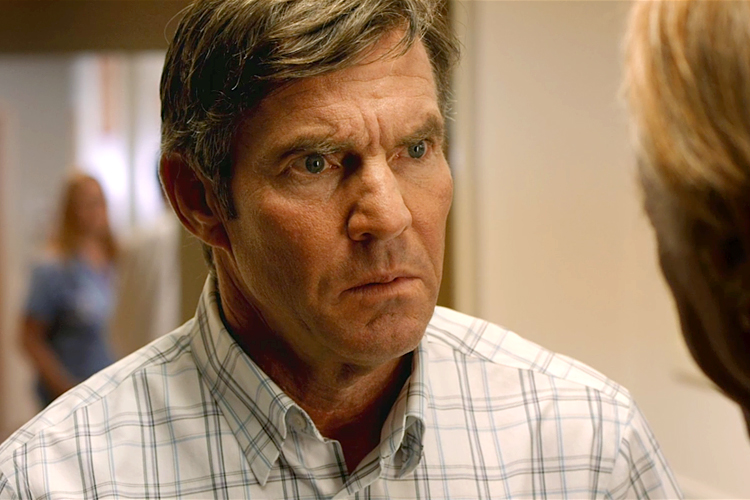
Here’s the problem with the Coen Brothers’ disappointingly empty comedy Hail, Caesar – there is no real story at its core. The plot ostensibly centers on commies kidnapping a movie star and a studio exec mulling over a job outside the movie industry. But these are contrived as an excuse to parody Old Hollywood and the movie conventions of the studio Golden Age. And that’s not enough by itself to make up a really good movie. At the end of Hail, Caesar, the guy sitting behind me said, “That’s it?”.
The parodies are well-executed, and the more you know about movies, the richer the laughs. The characters are making a ponderously devout sword-and-sandal epic called Hail, Caesar, which is closely modeled on the 1959 Ben-Hur, right down to the subtitle of the source novel, “A Tale of the Christ”. The epic stars a charismatic but shallow leading man, played well by George Clooney. This part is funny.
So is a spectacularly executed Busby Berkeley number with Scarlett Johansson as an Esther Williams type aquatic movie star. And Channing Tatum shines in a Gene Kelly-like song-and-dance set piece. Later in the film, famed cinematographer Roger Eakins brilliantly lights Tatum as an icon of Soviet-era Socialist Realism.
By far the best part of Hail, Caesar is Alden Ehrenreich as a singing cowboy. Where did they find this guy? Ehrenreich is convincing and hilarious as he performs tricks with his pistol, horse and lariat in a formula Western and then is forced to fit into a period costume for a drawing-room romantic drama. It’s an exuberantly singular performance, and something we haven’t seen on-screen since Gene Autrey and Roy Rogers.
All of the actors are good here, including Josh Brolin as the lead, and Clooney, Johansson, Tatum, Ralph Fiennes and Tila Swinton. Frances McDormand is wasted in a very brief physical comedy bit. That old scene-stealer Clancy Brown, here growling as the actor playing Gracchus in the Hail, Caesar-in-the-movie-Hail, Caesar shows why he’s one of my favorite character actors
There are always expectations of a Coen Brothers film, because of their masterpieces: Fargo, True Grit, Blood Simple and their seriously underrrated A Serious Man. Plus there’s the critical favorite No Country for Old Men and the cult fave The Big Lebowski. But they’ve also made some more forgettable fare (Inside Llewyn Davis, Burn After Reading) and Hail, Caesar is one of them.
Bottom line: if you want to enjoy a string of first class movie parodies, see Hail, Caesar. If you’re looking for something more, skip it.

